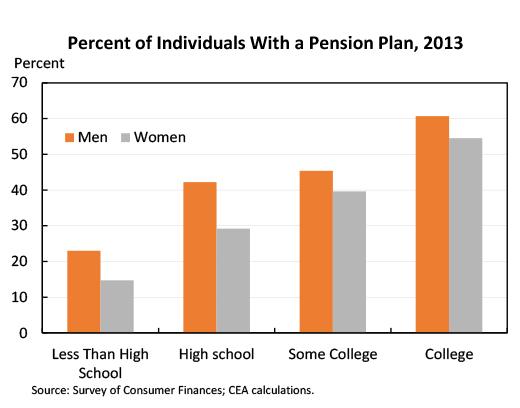Understanding Gender and Ethnic Wage Gaps in Ecuador
The wage gap in Ecuador is a pressing issue that reflects deeper societal inequalities. Gender and ethnic disparities in income levels are significant problems that need urgent attention. Furthermore, these gaps not only affect individuals but also hinder national development and economic growth.
The Gender Wage Gap
The gender wage gap in Ecuador is a prominent imbalance that can be traced back to various social structures. Women in the workforce tend to earn less than their male counterparts even when qualifications and experience are similar. This disparity is a manifestation of long-standing gender biases that prioritize male employment and undervalue female roles in various sectors.
Ethnic Disparities in Earnings
In addition to gender, ethnic background plays a crucial role in determining wages in Ecuador. Indigenous and Afro-Ecuadorian communities often face systemic barriers that result in lower wages. Discrimination and limited access to quality education exacerbate this inequality, trapping many in a cycle of poverty.
Government Policies and Their Impact
To combat these wage gaps, the Ecuadorian government has implemented various policies aimed at promoting equality. Legislation targeting gender and racial discrimination is essential for addressing these disparities, but enforcement is often lacking. Initiatives must be coupled with community support and awareness programs to foster a more inclusive labor market.
Community and International Support
Local and international organizations are working collaboratively to raise awareness about wage disparities. Efforts such as those by The Borgen Project highlight the persistent wage gaps and advocate for policy change. For more in-depth information on this issue, visit The Borgen Project to learn more about gender and ethnic wage gaps in Ecuador.
Conclusion
Addressing gender and ethnic wage gaps in Ecuador is not just a matter of fairness; it’s essential for sustainable development. By recognizing and tackling these disparities, Ecuador can pave the way for a more equitable future for all its citizens. This requires a concerted effort from the government, communities, and international partners alike.

